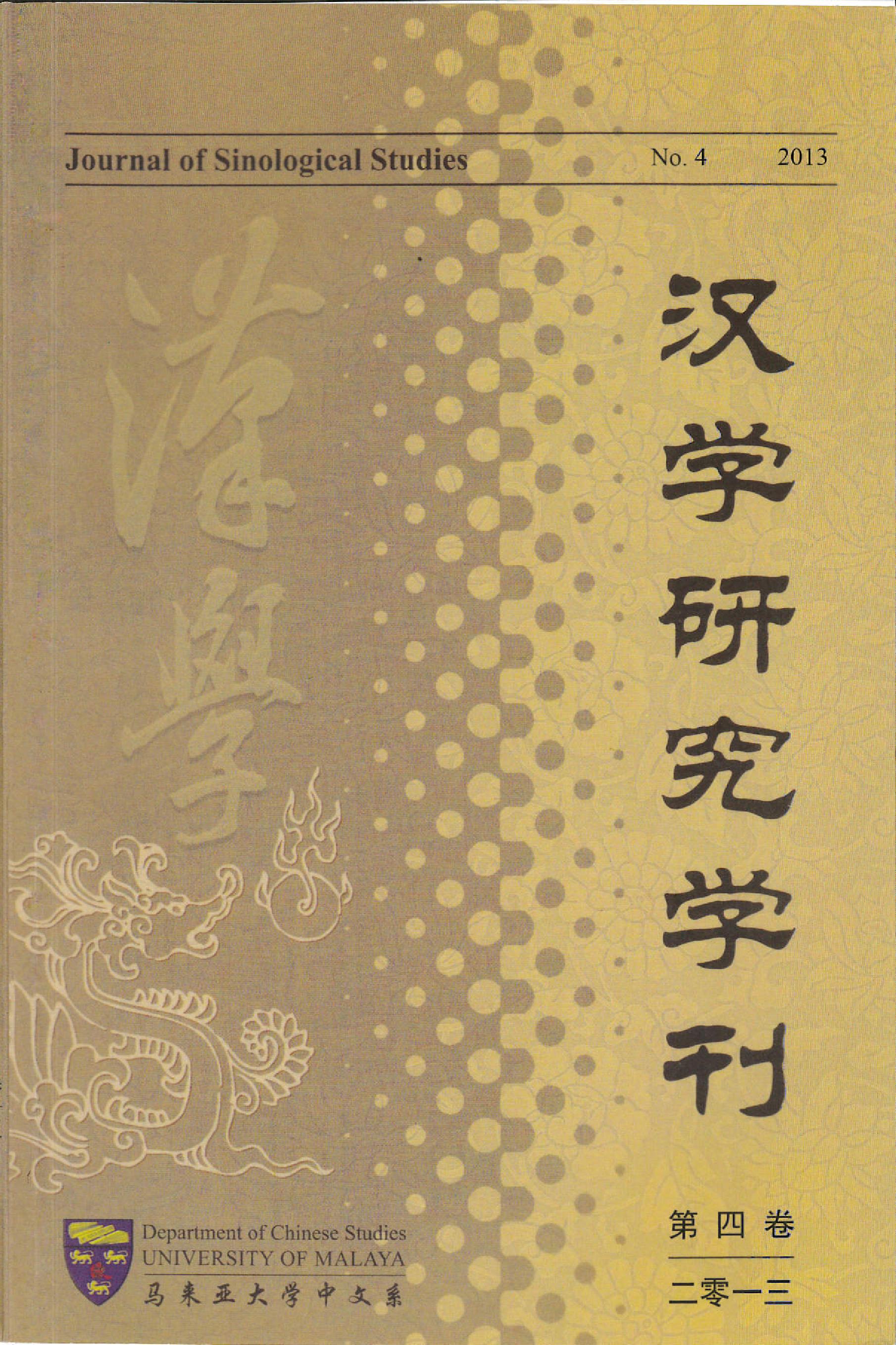论康有为对中国近现代“文化危机“的观点 Kang Youwei's View on the 'Cultural Crisis' of Modern China
Abstract
Kang Youwei was one of the Chinese thinkers that not only putting much concern onto modern China's problems with regards to culture, but also actively involving in the formulation of culture. Worrying about the widespread westernization after the Revolution of 1911, he came to the stand that China should make Confucianism as its cultural bedrock and therefore diligently advocating Confucian Religion (Kong Jiao) as Chinese's 'civil religion'. Kang was basically not against Western culture and modernization, but he opposed unrestrained westernization that causing the abandonment and replacement of traditional culture. It was exactly due to the realization of the irresistible universality of the Western institutional civilization that Kang had recommended Confucian Religion as a structure to protect and strengthen th essence of the traditional culture, so to save the Chinese 'soul'. For him, without this 'soul'. 'China' is none. Kang's idea about culture was influenced by pragmatism, where he observed that Chinese should preserve their country and people through inheriting, absorbing and reconstructing both Eastern and Western cultures. The pro and con of such idea is still worth for nowadays reflection.
Keywords: Kang Youwei, cultural crisis, Confucian Religion





